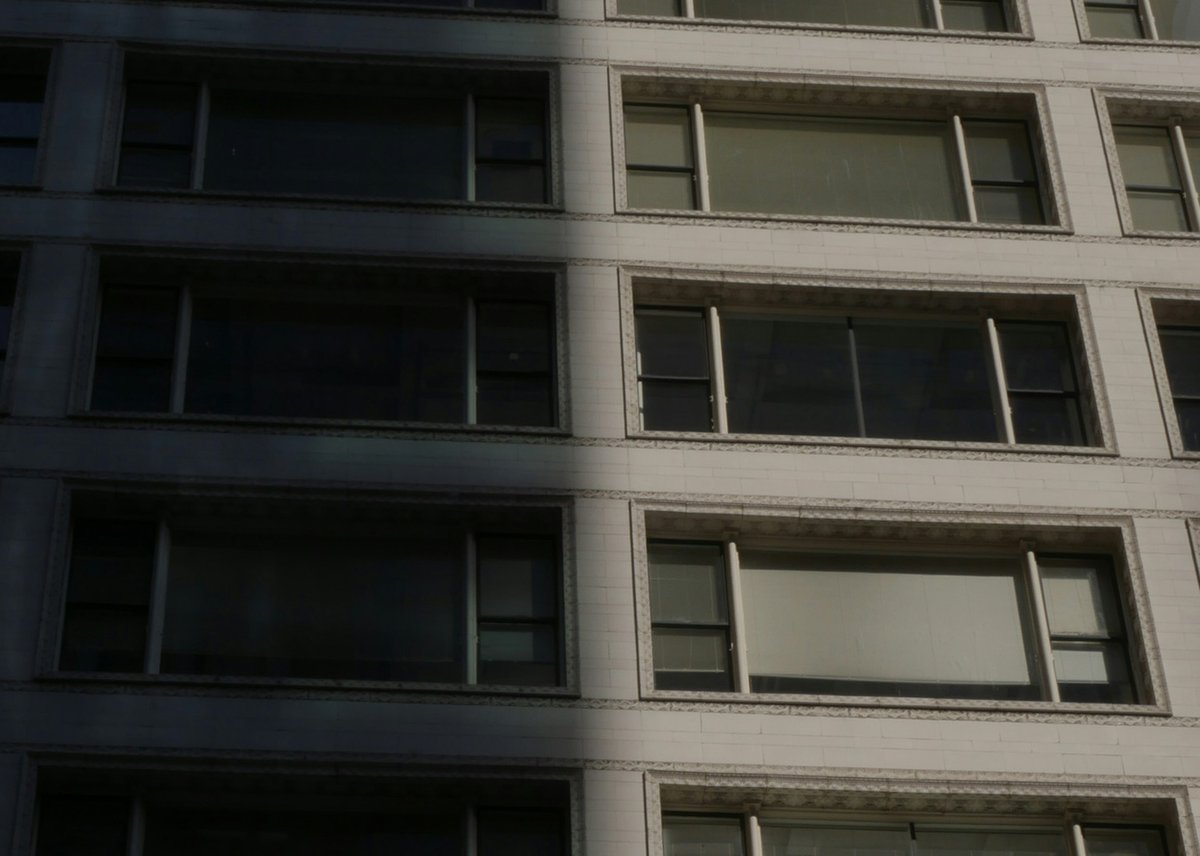Officepocalypse? Office loans now account for 55% of delinquencies

America’s commercial property crisis reached a grim milestone last month as more than half of total delinquencies were office loans.
According to a new report by credit rating agency Fitch, $1.05 billion worth of office loans were 30 days past due on their mortgage payments in June. That’s a whopping 55% of total 30-day delinquencies, up from 45% in May.
The volume of loans entering 60 days of delinquency was $1.35 billion, up slightly from the previous month. Once again, office loans accounted for more than half (51%) of the new delinquencies 60 or more days past due.
“Three of the largest five new delinquencies were office loans, which accounted for 37% of total delinquency volume and 72% of office delinquencies,” wrote David Ro, Fitch’s director of commercial mortgage-backed securities.
In many parts of the country, on-site work has been replaced by remote or hybrid employment, which has reduced the need for expensive office space. As Creditnews reported, office vacancy rates hit a record 20.1% at the end of the second quarter, up from 19.8% in the first three months of the year.
Moody’s credit rating agency described the rising vacancy rate as a “slow bleed” due to “permanent shifts in working behavior.”
As office buildings become ghost towns, building owners have seen the value of their properties plummet. Experts say it’s only a matter of time before more owners start missing mortgage payments.
An “existential crisis” brews beneath the surface
With nearly 1 billion square feet of office space lying empty across the U.S., building owners in many parts of the country risk defaulting on their loans. Barry Sternlicht, the billionaire CEO of Starwood Capital Group, calls this an “existential crisis” facing the office sector.
He called the office market a “$3 trillion asset class that’s probably worth $1.8 trillion. There’s $1.2 trillion of losses spread somewhere, and nobody knows exactly where it is.”
The banks seem to have an idea of where those losses are buried. According to The New York Times, financial institutions like Goldman Sachs, Deutsche Bank, and CIBC have collectively unloaded hundreds of millions of dollars worth of office mortgages since late 2023.
“The banks know they have too many loans on their books,” which is a risk in the current environment, said Jay Neveloff, a real estate lawyer at Kramer Levin.
Social media is abuzz with reports of office towers being unable to sell or losing nearly all of their value. In April, a 44-story office building in St. Louis sold for $3.6 million—a 98% plunge from its 2006 sales price of $205 million.
The same month, the 15-floor David Hewes Building in San Francisco was sold at a 90% discount.
Even New York City is offering steep discounts on office space. In June, Empire Capital Holdings and Namdar Realty Group agreed to purchase an office building at 321 W. 44th St. for $50 million. According to Bloomberg, its previous owner paid nearly $153 million in 2018.